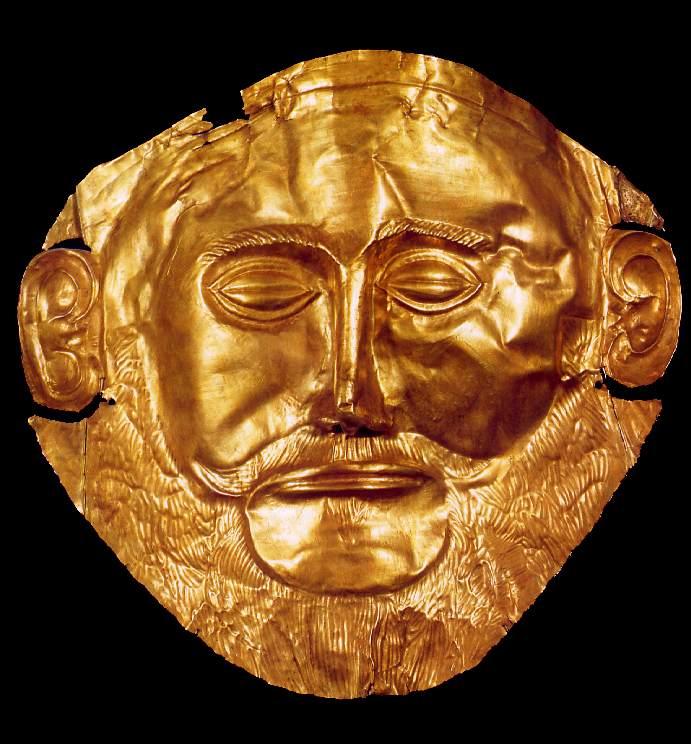

I. Basic overview/time periods of Greek History
A. Minoans (3000-1400 BC)
B. Mycenaeans (1600-1100 BC)
C. Dorian Invasion/Dark Age (1100-800)
D. Rise of City-States (800-500)
E. Persian War (490-479)
F. Athenian Hegemony (479-404)/Pelop. War (431-404)
G. Spartan Hegemony (c. 404-371)
H. Theban Hegemony (c. 371-362 )
I. Macedonian Hegemony (c. 338-197)
J. Hellenistic Age (c. 338-31 BC)
II. Minoan and Mycenaean history: problems with sources
III. Schliemann and Evans: evidence for great pre-classical European civilization
IV. General interpretation of Minoan archaeology
(The Minoans advanced in engineering, peaceful, well-organized, prosperous, literate, well-disposed toward women, free from slavery, artistic, extensively involved in trade, matriarchal in religion.)
V. Potential problems with this interpretations.
VI. Ambiguity of scant literary sources (e.g., was "Minos" an exceptionally cruel ruler or an exceptionally wise ruler, the tyrant of the Theseus legend, or the wise judge of the dead Plato suggests).
VII. The Mycenaens
A. Archaeological record?
B. Literary record: how good a source is Homer?